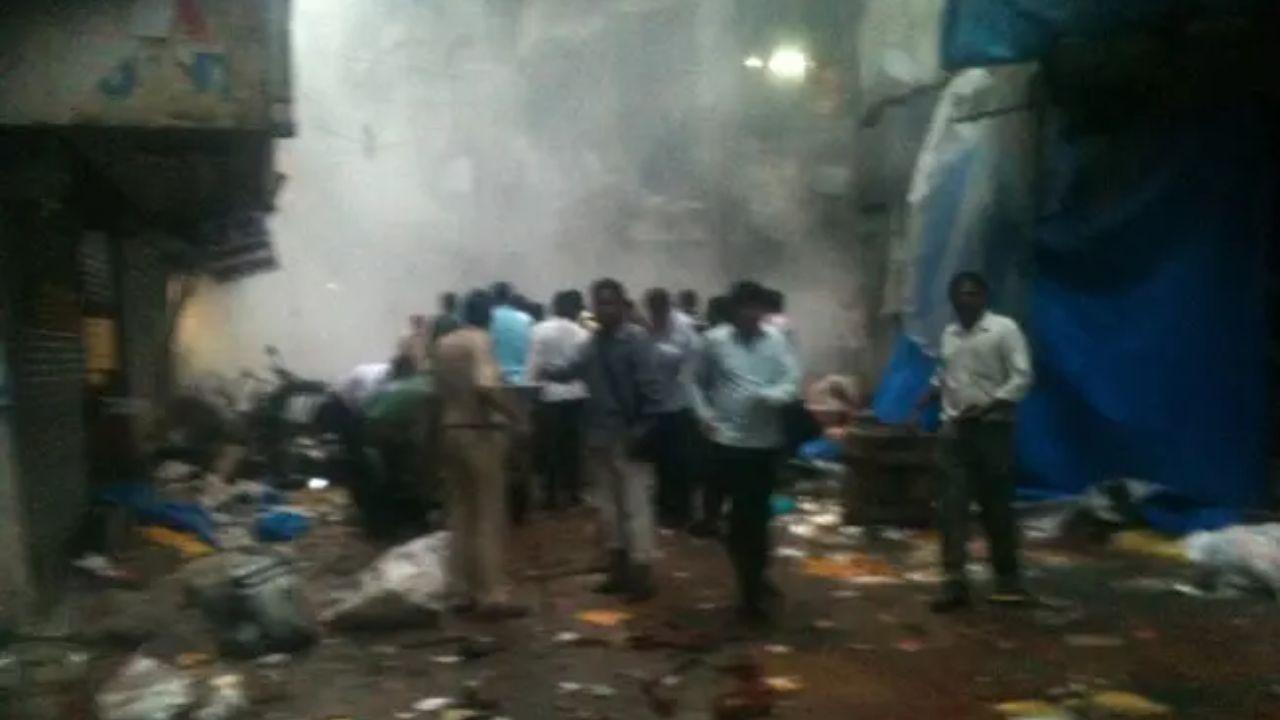Remembering 2011 Mumbai bombings is a solemn event in city, where lives lost are remembered, survivors are helped & community's resilience is recognised.

The blasts took place within a span of 30 minutes and shook the high profile areas of Mumbai/ AFP
On July 13, 2011, Mumbai, India's thriving financial metropolis, was hit by a series of synchronised bomb explosions that shook the city to its core. These bombings, which took place in three busy areas, killed 26 people and injured nearly 130 others. Remembering the 2011 Mumbai bombings is a solemn event in the city.
ADVERTISEMENT
It is a day of contemplation in which the lives lost are remembered, survivors are helped, and the community's resilience is recognised. Memorial services, moments of quiet, assistance efforts, and cultural performances underline Mumbai's dedication to unity and strength in the face of adversity. The annual memorial guarantees that the victims' memories are preserved and that lessons from the past continue to guide the present and future.
Three blasts in succession
The bombings occurred in fast succession during the evening rush hour, targeting major places to create the most damage and fear. The first explosion occurred in Zaveri Bazaar, a thriving jewellery market in South Mumbai, followed by a second blast at Opera House, a corporate hub. The third explosion happened in the Dadar area, near a bus stop in central Mumbai. These locations were deliberately chosen to inflict the highest possible casualties and disrupt daily life.
The immediate aftermath of the 2011 Mumbai bombing was chaotic and confusing. Emergency services, including police, fire, and medical teams, rushed to the scene to help the injured and secure the area. Hospitals throughout the city were on high alert, and blood drives were rapidly planned to assist those injured. The pictures of devastation, along with the heartbreaking screams of the maimed and bereaved, gave a bleak picture of the disaster that had struck Mumbai.
Investigation and response
The Indian government condemned the attacks and vowed to bring the perpetrators to justice. A thorough investigation was launched by various law enforcement agencies, including the Mumbai Police and the National Investigation Agency (NIA). The investigation revealed that the bombs were improvised explosive devices (IEDs) and were placed in tiffin boxes and scooters to blend in with the surroundings. Despite extensive efforts, the culprits behind the attacks were not immediately apprehended, highlighting the challenges in combating terrorism.
Long-term impact
The 2011 Mumbai bombings left a lasting impact on the city and its residents. Security measures were significantly increased, with heightened surveillance, more frequent security drills, and the installation of additional CCTV cameras in public places. The attacks also spurred discussions on improving intelligence gathering and coordination among various security agencies to prevent such incidents in the future.
 Subscribe today by clicking the link and stay updated with the latest news!" Click here!
Subscribe today by clicking the link and stay updated with the latest news!" Click here!







